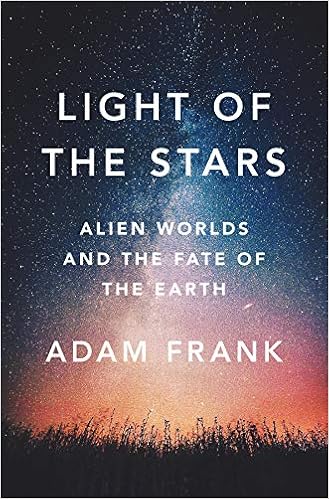
He thinks it is significant that materialism completely fails to explain consciousness:
Some consciousness researchers see the hard problem as real but inherently unsolvable; others posit a range of options for its account. Those solutions include possibilities that overly project mind into matter. Consciousness might, for example, be an example of the emergence of a new entity in the Universe not contained in the laws of particles. There is also the more radical possibility that some rudimentary form of consciousness must be added to the list of things, such as mass or electric charge, that the world is built of. Regardless of the direction ‘more’ might take, the unresolved democracy of quantum interpretations means that our current understanding of matter alone is unlikely to explain the nature of mind. It seems just as likely that the opposite will be the case.
The closer you look, the more the materialist position in physics appears to rest on shaky metaphysical ground.
Adam Frank, “Minding matter” at Aeon
Frank is an expert on the final stages of the evolution of stars like the sun. His computational research group has developed advanced supercomputer tools in order to study how stars form and die. So he would incline to a materialist view, surely? But no, he says, quantum physics blew all that away. And some neuroscientists just haven’t caught up.
He’s right but materialism dies hard. University of Rochester astrophysicist Adam Frank is the author of Light of the Stars: Alien Worlds and the Fate of the Earth (2017).
See also: Four researchers whose work sheds light on the reality of the mind The brain can be cut in half, but the intellect and will cannot, says Michael Egnor. The intellect and will are metaphysically simple